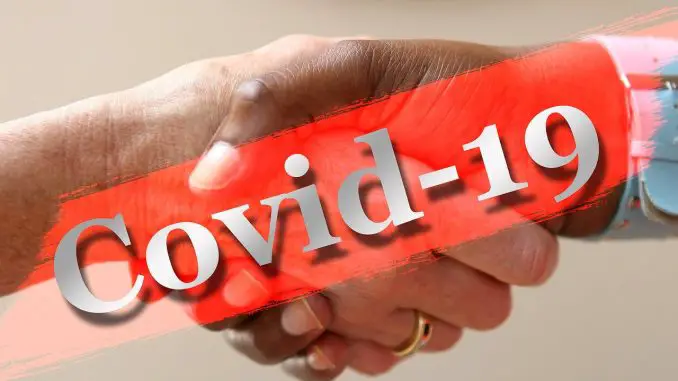
The coronavirus is a large family of enveloped single-stranded RNA viruses that are known to cause diseases from common cold to more severe diseases such as Middle Eastern Respiratory Syndrome (MERS) and Severe Acute Respiratory Syndrome (SARS). The new coronavirus (CoV) is a new strain of coronavirus that has not been previously identified in humans.
Which products are effective?
In order to break the chain of infections, products must be effective against at least enveloped viruses. According to European standard EN 14476 and RKI / DVV method respectively, this must be demonstrated with a test against Vaccinia Strain Ankara or Elstree. Products that pass the test can be considered effective against enveloped viruses – including the Coronavirus family.
Precautions
- Hand hygiene – follow WHO’s recommendation My 5 Moments for hand hygiene
- Hand Wash: Apply the product to cover the entire hand; dry your hands until they are dry
- Protective Equipment (PPE): Evaluate the risk of exposure to body fluids and contaminated surfaces prior to contact with a patient and select PPE based on risk assessment: clean non-sterile gloves, clean non-sterile protective clothing, mask and eye protection
- Mouth protection; If you cough or sneeze – cover your nose and mouth and wash your hands carefully afterwards
- Cleaning of surfaces
- Proper cleaning and disinfection of surfaces used regularly by staff and patients
- Prevent stab damage
BEDDING - Handle used bedding with care
- Waste disposal
- Equipment
- Clean and disinfect instruments and equipment between each patient
Common questions
What are the symptoms of someone infected with the coronavirus?
It is due to the virus, but common symptoms such as respiratory symptoms, fever, cough, shortness of breath and difficulty breathing. More severe cases can lead to pneumonia, acute respiratory problems, kidney failure, and death.
Can the Coronavirus infect people?
Yes, the Coronavirus can infect people, usually after close contact with someone who has the virus, for example within family & household, in the workplace and hospital.
Is there any vaccine against the new Coronavirus?
When a disease is new, there is no vaccine until one has developed. It may take years before we have a vaccine against the Coronavirus.
Is there any treatment for the new Coronavirus?
There is no specific treatment for the disease caused by the coronavirus yet. However, many of the symptoms can be treated and thus treated based on the patient’s condition.
What can I do for myself?
Standard recommendations include basic hand and respiratory hygiene, safe handling of food and, if possible, avoid close contact with anyone who exhibits symptoms of respiratory illnesses such as cough and sneezing.
Are healthcare professionals at risk with the new Coronavirus?
Yes, they can be, as health care professionals more often come into contact with patients than the general public. WHO recommends that healthcare professionals follow recommended routines to reduce the risk of infection.
Leave a Reply